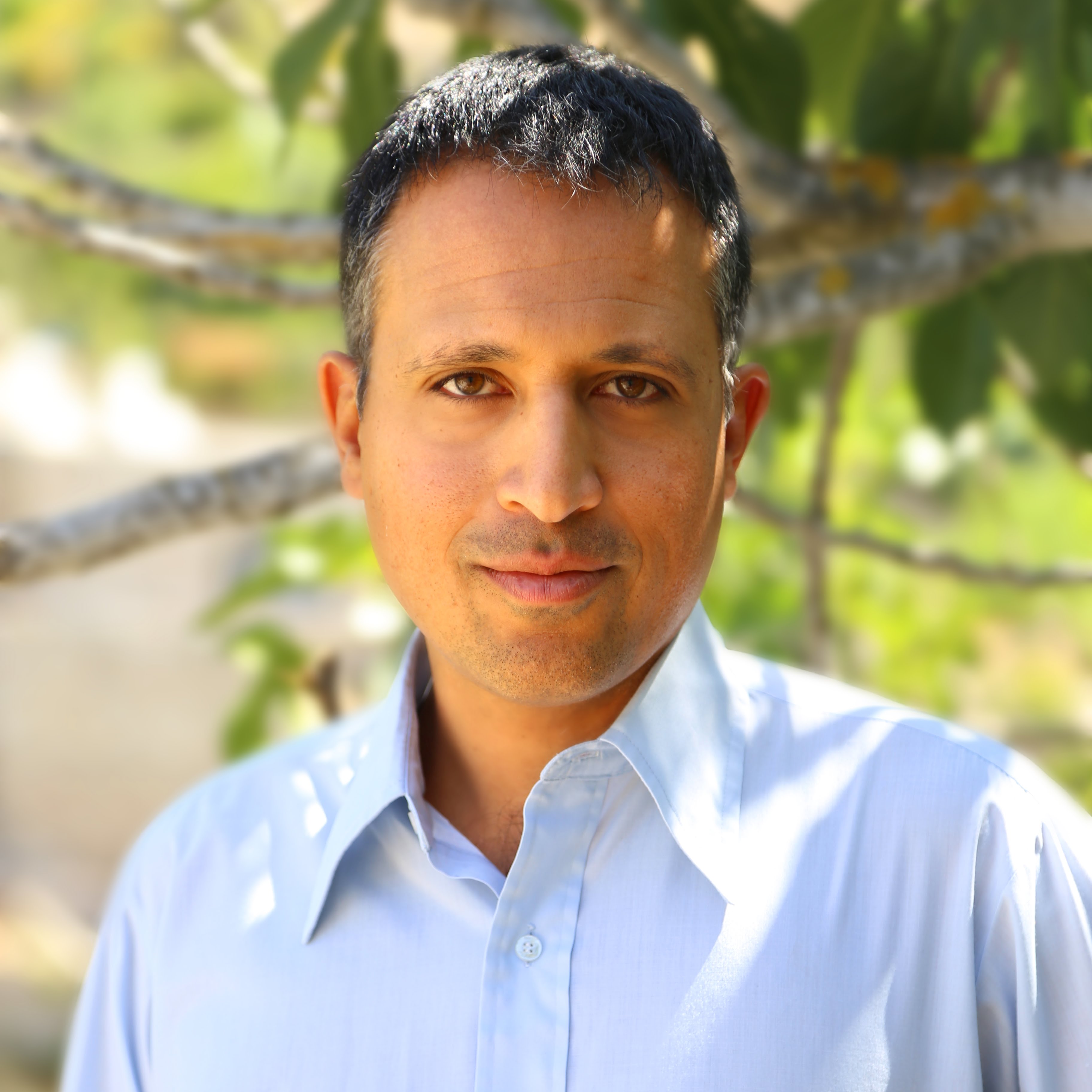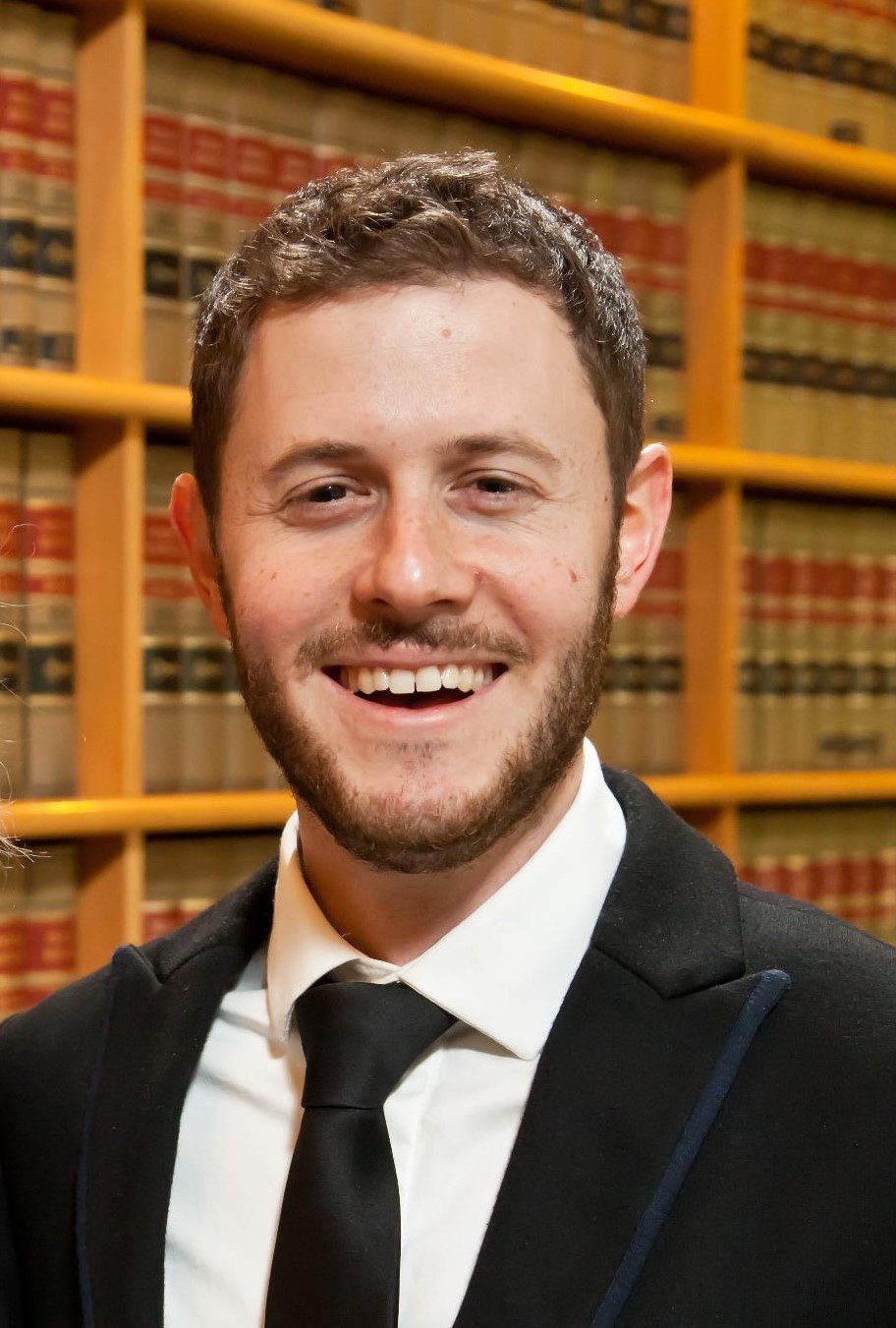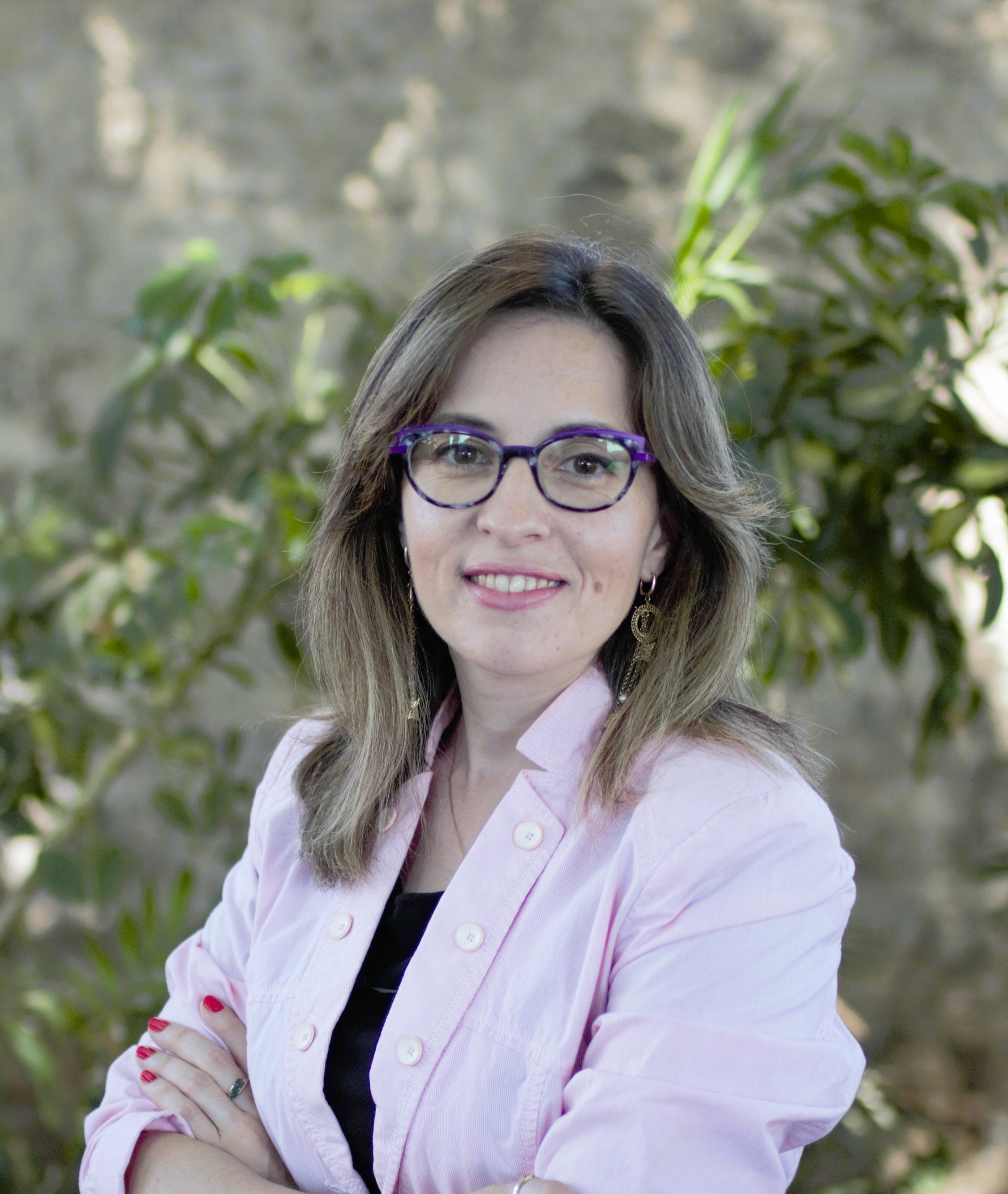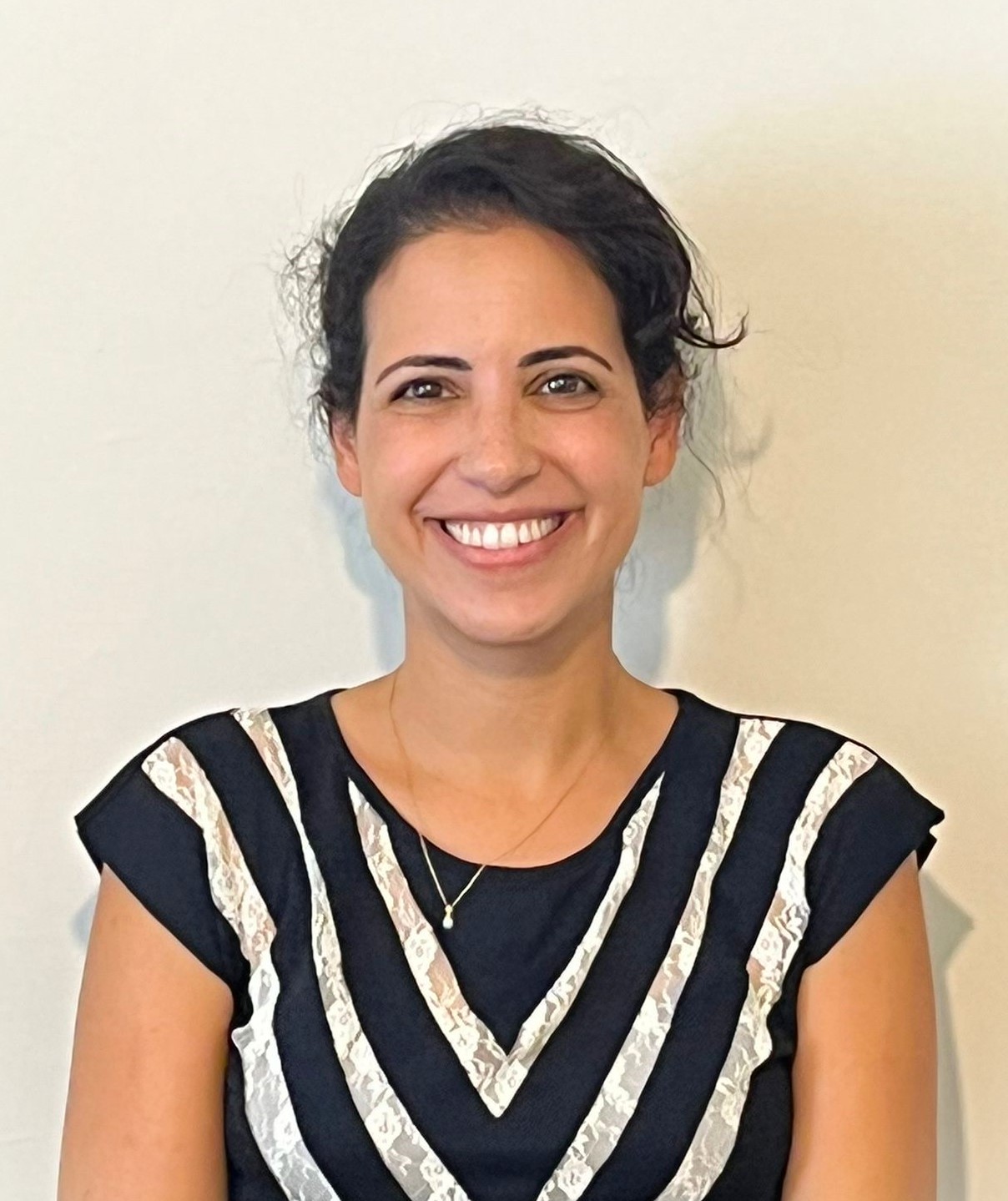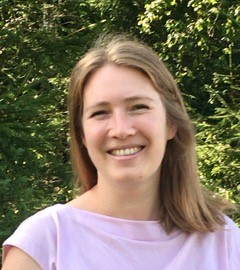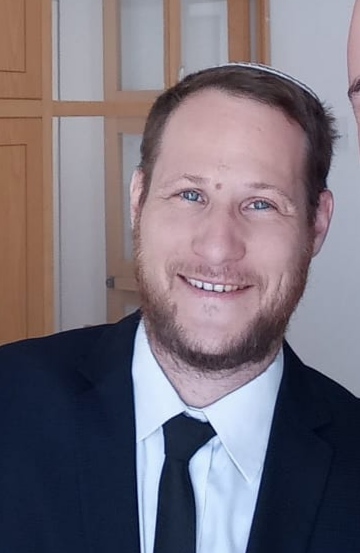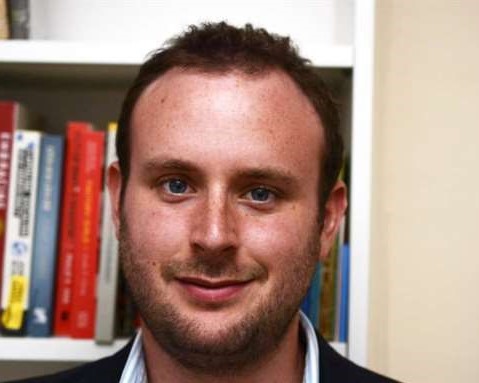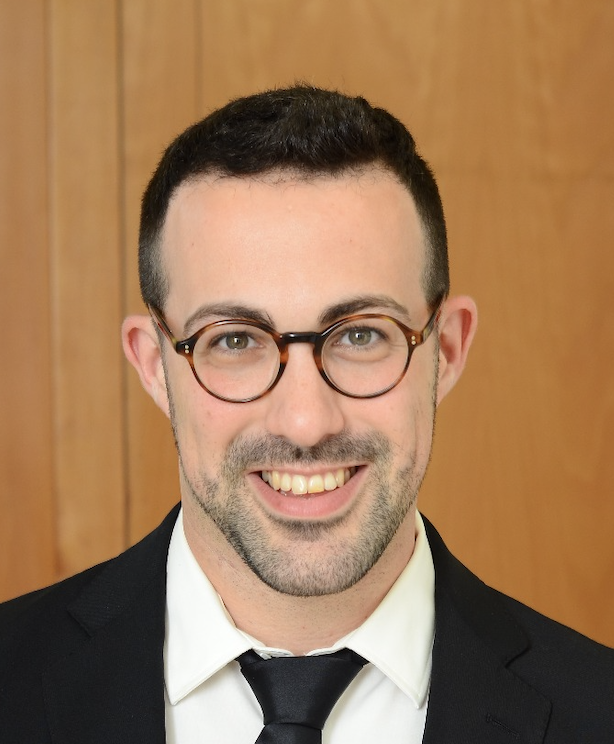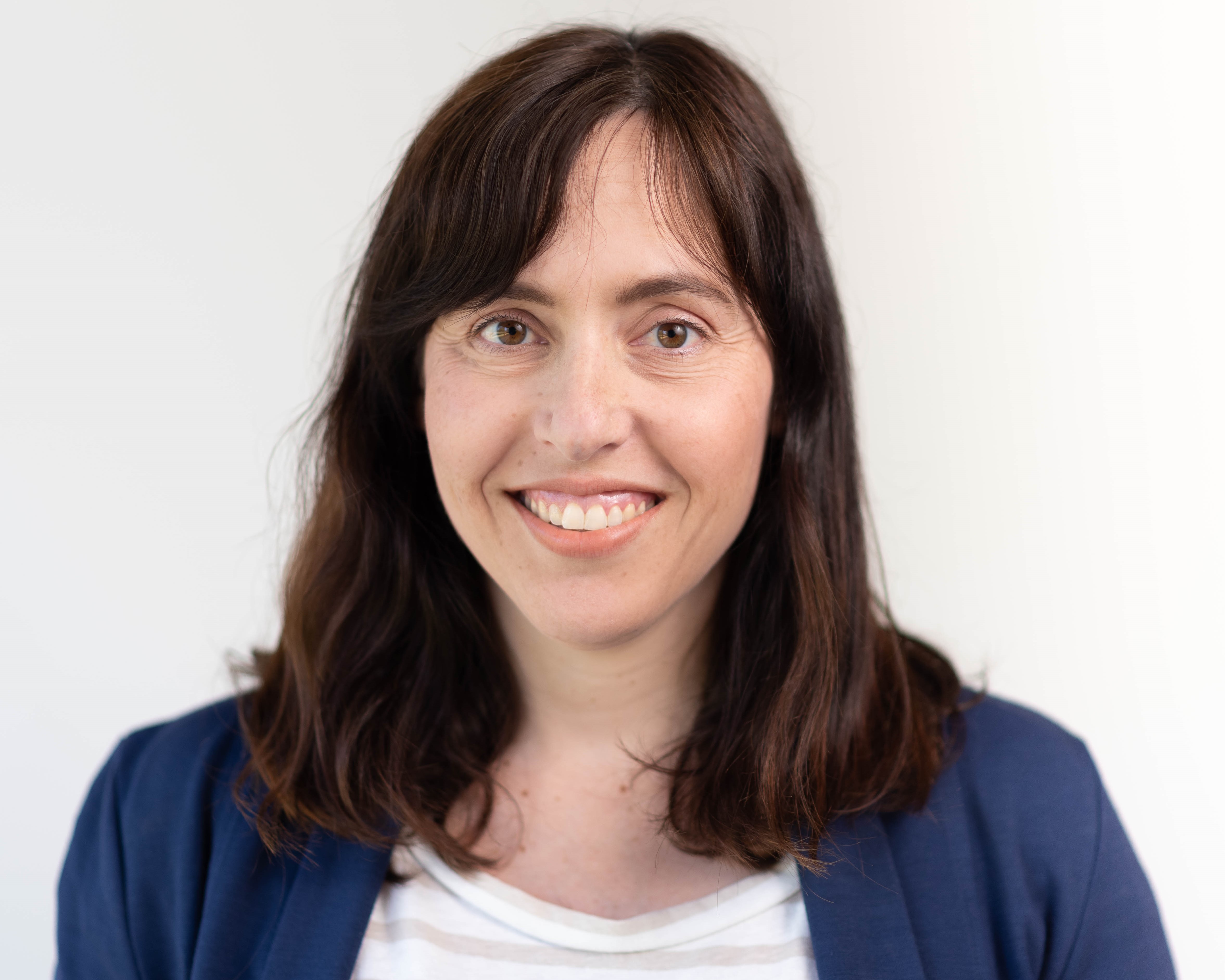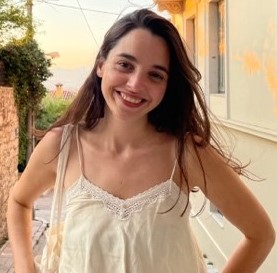Previous Fellows Academic Program
Post – Doctorate Fellowship 2022-23
|
Ron Aboodi |
|
|---|---|
|
|
Ron Aboodi’s philosophical research focuses mostly on ethics. One of his main areas of interest is normative uncertainty; that is, uncertainty about which evaluative standards to deploy, which values are more important, which moral theory is correct, and similar normative matters. One of the questions Ron is examining is: how should the government’s normative uncertainty (about moral and prudential values) affect its policies concerning education markets? You can find more about Ron’s research at: https://sites.google.com/mail.huji.ac.il/ronaboodi/home. |
|
Yaron Covo |
|
|---|---|
|
|
Yaron Covo is a legal scholar whose current research focuses on the intersection of disability law and contract law. His work has appeared or is forthcoming in several academic journals, including the Stanford Law Review, Columbia Law Review, and Columbia Journal of Law & the Arts. Yaron’s shorter pieces were published in legal blogs and popular news sites, including Slate. Yaron’s JSD dissertation (Columbia Law School) documents and critically analyzes the emergence of “inverse integration”—situations where nondisabled people enter disability-focused settings or engage in disability-focused activities. Yaron completed his LL.M. at Columbia Law School, where he was a Fulbright fellow and a James Kent Scholar. At Columbia, Yaron was awarded the Norman E. Alexander Scholarship, the Milton B. Conford Prize (Best Paper on Jurisprudence), and the Emil Schlesinger Prize (Student Most Proficient in the Subject of Labor Law). In 2014, Yaron obtained his LL.B degree, magna cum laude, from Tel Aviv University. At TAU, he was a member of Tel Aviv University Law Review’s editorial board and the Criminal Justice Clinic. Between 2014 and 2018, Yaron served as a clerk for the Hon. Justice Daphne Barak-Erez at the Supreme Court of Israel. |
|
Ludmila (Luda) Garmash |
|
|---|---|
|
|
Ludmila (Luda) Garmash is a Ph.D. candidate in Sociology at Haifa University. Her main research interests involve the labor market and organizational inequalities, focusing on how ethnicity, gender, and class intersect, producing unique labor market experiences for different status groups. In her dissertation, she explored the phenomenon of workplace segregation in Israel, uncovering the extreme ethnic segregation between Jews and Arabs and high gender segregation. One of this study's contributions was demonstrating the utility of the intersectional approach for the workplace segregation field. While the average changes in the overall ethnic and gender segregation trends were barely detectable, it has been shown that substantial changes occurred within the specific ethnicity-gender categories. In her dissertation, Luda also linked between demographic composition of workplaces and within-workplace income inequalities between groups of workers. The dissertation was supported by the fellowship from the ERC Starting Grant "The Resurgence in Wage Inequality and Technological Change: A New Approach." (Project principal investigator Prof. Tali Kristal) and by a Research Grant from the National Insurance Institute. Luda's research at the Safra Center will focus on what lies behind the changes in the ethnic-gender workplace segregation that occurred in recent decades. She will also explore the implications of these changes for the marginalized groups' labor market achievements. |
|
Adi Goldiner |
|
|---|---|
|
|
Adi Goldiner is a legal scholar working at the intersection of disability law, moral and political philosophy, and critical disability studies. Her research applies methodologies from analytical philosophy to explore issues in the area of law and society relating to persons with disabilities. Prior to joining the Edmond J. Safra Center for Ethics, Adi was a postdoctoral fellow at Haifa University faculty of law, and a postdoctoral fellow at the Modern Law Review. Adi also serves as a research fellow at The International Center for Health, Law, and Ethics, Haifa University, where she coordinates an interdisciplinary working group on disability and bioethics. Adi holds a PhD from King’s College London, where she was a Dickson Poon Scholar, an LL.M from Columbia Law School, which she graduated with distinction, and an LL.B from Tel-Aviv University. Before pursuing postgraduate legal studies, Adi was admitted to the Israel Bar Association. She worked as a legal counsel with the Israeli Ministry of Justice and with civil society organizations. |
|
My Hedlin |
|
|---|---|
|
|
My Hedlin is an economist who studies the creation of money by commercial banks. In her dissertation, she argues that to understand modern banking, economic theory must acknowledge commercial banks not only as credit institutions, but no less than as the primary creators of money in our present-day society. Her work shows that commercial banks' money-issuance may have a significant effect on society by lowering the price of credit, thus affecting real investment and leading to greater levels of indebtedness of firms and households. At Safra, My plans to further develop her work by determining the role of central banks in this private money-creation process. Prior to joining the Edmond J. Safra Centre for Ethics, My was a doctoral student at the European University Institute in Florence, Italy. She also holds a Bachelor in Business Administration and a Master in Economics from Stockholm School of Economics, as well as a Bachelor and a Master in Civil Engineering from the Royal Institute of Technology, Stockholm. |
|
Szymon Osmola |
|
|---|---|
|
|
Szymon Osmola received his PhD from the European University Institute (EUI) in 2022. His research interests include contract and consumer law, moral and political philosophy, European law, and behavioral economics. In his PhD thesis, he argues that consumer law should be interpreted as facilitating reflective choices, that is choices that consumers can endorse after consideration. At Safra, Szymon will work on regulating consumer financial markets, with an emphasis on innovative instruments of risk allocation. In particular, he will focus on loan agreements denominated in or indexed to foreign currency. He will analyze what regulatory strategies are the most consistent with consumers’ autonomy and right to risk on the one hand, and the proper functioning of markets on the other. Besides, he will attempt to develop another research project, investigating the shortcomings of behavioral law & economics. |
|
Yaniv Ron-El |
|
|---|---|
|
|
Yaniv Ron-El is a historical sociologist interested in the interplay between political-economic contexts and the power of different market actors, especially consumers. His research concentrates on the political implications of consumers and consumption. Yaniv received his Ph.D. in sociology from the University of Chicago. Before that, he studied sociology and was trained as a lawyer at Tel-Aviv University (B.A., LL.B.) and as an intern at the Israeli Supreme Court, and also completed a B.A. in history and the humanities at the Open University of Israel. Ron-El’s research interests lie broadly at the intersection of political and economic sociology, the sociology of law, and sociology of consumers and consumption. His dissertation examined the American consumer movement of the 1960s-70s. Drawing on archival materials and oral history interviews, it explored this understudied movement using the conceptual tools of social movement research and rooting the explanation of the rise of consumer organization in its historical political-economic context. In previous research, Ron-El examined how the Israeli judicial system handled a case of widespread market manipulation on the backdrop of the country’s transition to a free-market economy in the 1980s, and traced the formulation of the standard of “Truth in Advertising” in the early twentieth century America, as an ethical-professional norm of the burgeoning advertising industry. As a postdoctoral fellow at the Safra Center, Yaniv will hone the political-economic aspects of his dissertation research and develop it into research articles and a book proposal. He will also embark on a new research project concentrating on civic organizations of consumers around natural gas production and distribution, drawing on a comparison between initiatives of the American consumer movement in the 1970s in the area of natural gas and civic campaigns in Israel in the past decade concerning the governmental policies around natural gas. |
|
Chagai Schlezinger |
|
|---|---|
|
|
Chagai Schlesinger is a researcher of law and religion, legal theory and Jewish law. Chagai holds an LLB (2104), LLM (2017) and PhD (submitted 2022) from the Hebrew University of Jerusalem. Chagai's LLM thesis deals with the Jewish legal doctrine of self-defense in the home. In this study, Chagai uses philological, literal, and legal methodologies, to explain the development of this doctrine from Biblical text to contemporary use in Israeli courts, especially focusing on the doctrine's use of legal presumptions and its implications for legal theory. In his PhD project, Chagai discusses the regulation of religious activity in Israel, through the prism of legal centralism versus legal pluralism. The main premise of the study is that the centralistic tendency of modern law is in contrast with the decentralized character of Jewish law, and that this tension underlies many contemporary law and religion debates. The project is dedicated to two perspectives – a historical one, focusing on the reaction of early 20th century rabbinic figures to the centralistic potential of the modern state; and a normative-constitutional one, in which he examines the concept of religious freedom in light of this tension and argues in favor of a constitutional obligation to regulate religious activity in a decentralized way. He is planning to continue this project during his fellowship at the Safra center, by examining the marketization of religion as a result of such contemporary decentralized legal arrangements |
|
Benjamin Katzeff Silberstein |
|
|---|---|
|
|
Benjamin Katzeff Silberstein received his PhD in History from the University of Pennsylvania, with a dissertation examining the historical evolution of surveillance and social control in post-1948 North Korea. His research agenda focuses broadly on North Korean society in the past and present. At the Safra Center, he is conducting a research project on ties between North Korean market actors and local government officials, exploring tensions and ties between the state and society in the North Korean market economy. He is also preparing a monograph proposal on surveillance in North Korea. Dr Katzeff Silberstein also works with think-tanks in both the United States and Europe on Korean affairs. He is a non-resident fellow at the Stimson Center and a fellow at the Swedish Institute for International Affairs where he directs a research project on Sweden's relationship with North Korea. |
Harvard Exchange Program 2022-23
|
Adoulou Bitang |
|
|---|---|
|
|
Adoulou N. Bitang holds a Ph.D. in Philosophy from the University of Douala (Cameroon), with a dissertation on modern and contemporary art in the light of the thought of the German philosopher Theodor W. Adorno. His publications have appeared in Controverses, the philosophy journal of the École Normale Supérieure of Libreville, Potentia, the philosophy journal of the Center Ahmes, and Raison Ardente. Adoulou was 2021-2022 Joint Fellow-in-Residence at the Edmond and Lily Safra Center for Ethics and the Hutchins Center for African and African American Research at Harvard University (USA). He is working on two books about the philosophical legacies of Marcien Towa and Fabien Eboussi Boulaga and has recently been appointed as guest editor of a special issue of the Journal of Comparative Literature and Aesthetics on African Philosophy. During his stay at the Center, Adoulou will inquire “The Cunning of the Market: On the Ethical Virtues of the Colonial Creation of African Art.” Specifically, he will argue that the inclusion, albeit unethical, of African art on the European market scene displayed an ethical value whereby not only were African objects valued as “art,” but also allowed Africans to claim this new value for themselves and not just for the abstract subject designated as the owner of the African art, namely the “traditional African society.” Adoulou will examine this “ethical virtue” of the market whereby the latter is less an economic institution than a moral one, which empowers objectively weak actors to make moral claims, notably that of the equality of the agents involved in the exchange—however unfair—of the newly identified cultural good. The fact that this ethical feature is unexpected with regard to the looting enterprise or the inclusion in the European art market enables Adoulou to speak of a “Cunning” of the latter. |
Doctorate Fellowship 2022-23
|
Dan Largman |
|
|---|---|
|
|
Dan Largman is a PhD Candidate at the Zvi Meitar Center for Advanced Legal Studies at Tel-Aviv University Faculty of Law. His research interests are in the field of private law theory, mainly contract and property theory. In his PhD research project, supervised by Prof. Hanoch Dagan, Dan delineates two contrasting visions of contracts in legal theory: a relational vision, which focuses on contracts’ interpersonal role with regard to the contractual parties; and a systemic vision, which focuses on contracts’ infrastructural role in facilitating and governing markets. Dan argues that new insight into contract law theory may be gained by analyzing contractual issues involved in bankruptcy law, conceivably resolving the tension between the two visions of contracts. Dan currently serves as the Executive Editor of the law journal Theoretical Inquiries in Law (TIL). In this capacity, Dan supervises the journal’s editorial process and participates in organizing TIL’s annual conferences for publishing authors. In addition, Dan teaches a course on legal writing skills to 1L students. Dan earned his LL.B and B.A in philosophy (summa cum laude) and LL.M (summa cum laude) at Tel-Aviv University. During his studies, Dan served as teaching assistant in several courses: Contract law, Property law, Administrative law, and Legislation and Regulation. |
|
Yaara Mann |
|
|---|---|
|
|
Yaara Mann is a PhD candidate in the Public Policy Department at Tel Aviv University. She holds a Bachelor’s degree in Philosophy, Politics and Economics (PPE) from the Hebrew University, and a Master’s in Public Policy (Summa cum Laude) from Tel Aviv University. Yaara studies the relationship between gender, employment and spatial planning in Israel. During her M.A studies, she received several grants and scholarships, including a grant for studies on gender and employment from the Heth Center in the College of Management, the Richard and Rhoda Goldman Scholarship for Government Quality, and an Excellence Scholarship for advanced degrees from the Faculty of Social Sciences at Tel Aviv University. Her M.A thesis, which explored the effects of current internal migration trends on women’s employment status, was published as an extended monograph in the Progress in Planning journal. In her PhD dissertation (supervised by Dr. Ravit Hananel), Yaara uses quantitative and qualitative methods to explore how the expansion of working from home after Covid-19, has affected women’s employment and spatial constraints. Her study offers a new framework which connects urban theories and gender theories to describe the relationship between planning and housing policies, gender, and employment. |
|
Shir Raviv |
|
|---|---|
|
|
Shir Raviv is a doctoral candidate in the direct-track PhD program in the Political Science Department at Tel Aviv University. Her research engages with the evolving politics around the use of artificial intelligence in public policy. In her dissertation, Shir leverages experimental methods to investigate public views on the fairness, effectiveness, and legitimacy of using algorithmic decision-making systems (ADSs) in a range of policy and issue domains. Specifically, she focuses on questions such as when and under what conditions citizens are willing to accept the use of ADSs in shaping high-stakes decisions and how views on this matter change following exposure to more information or by gaining personal experience interacting with these systems. Her broad research interests include political behavior, survey design, and experimental methods. She currently works as a professional consultant for the B.I. and Lucille Cohen Institute for public opinion research at Tel Aviv University. |


